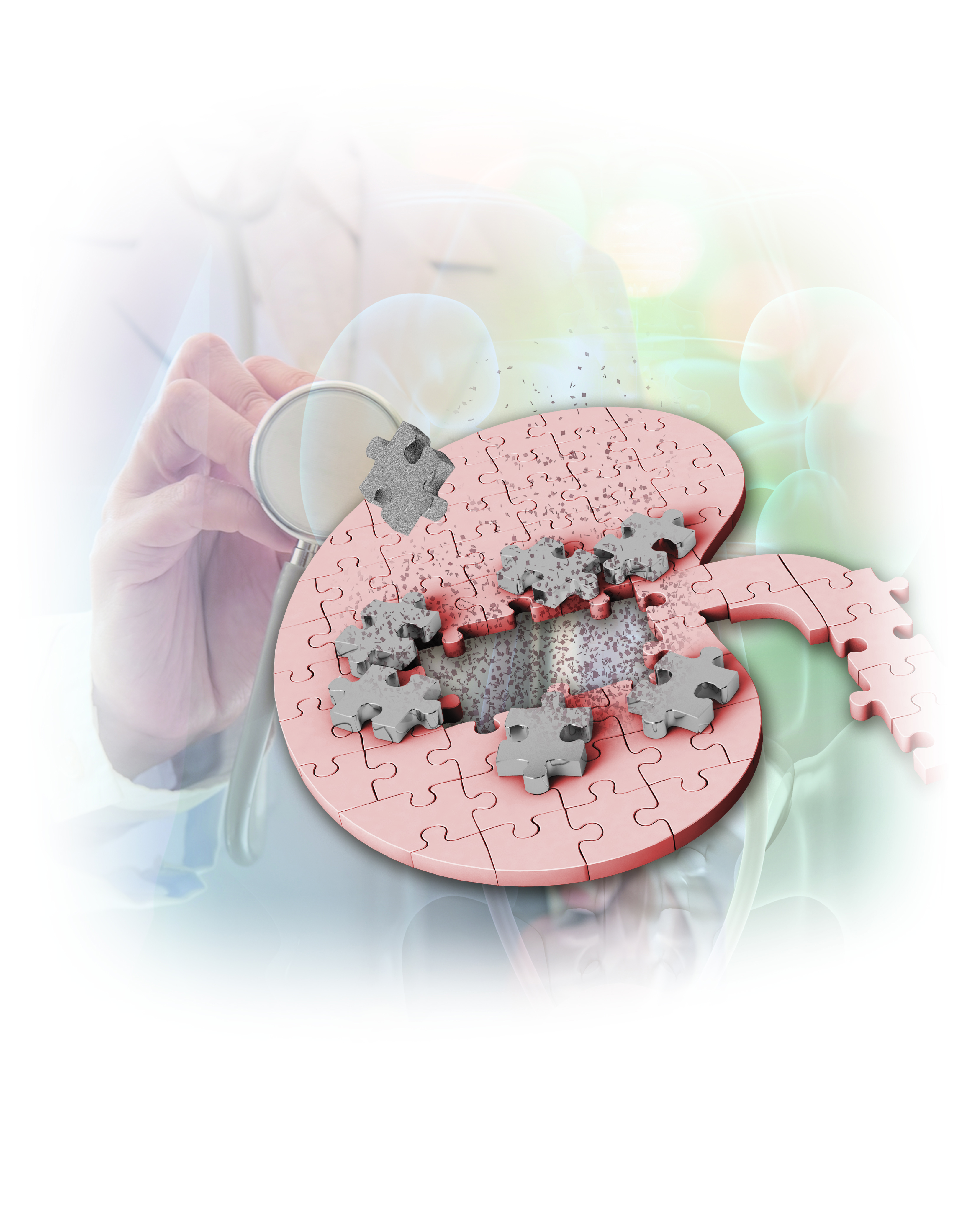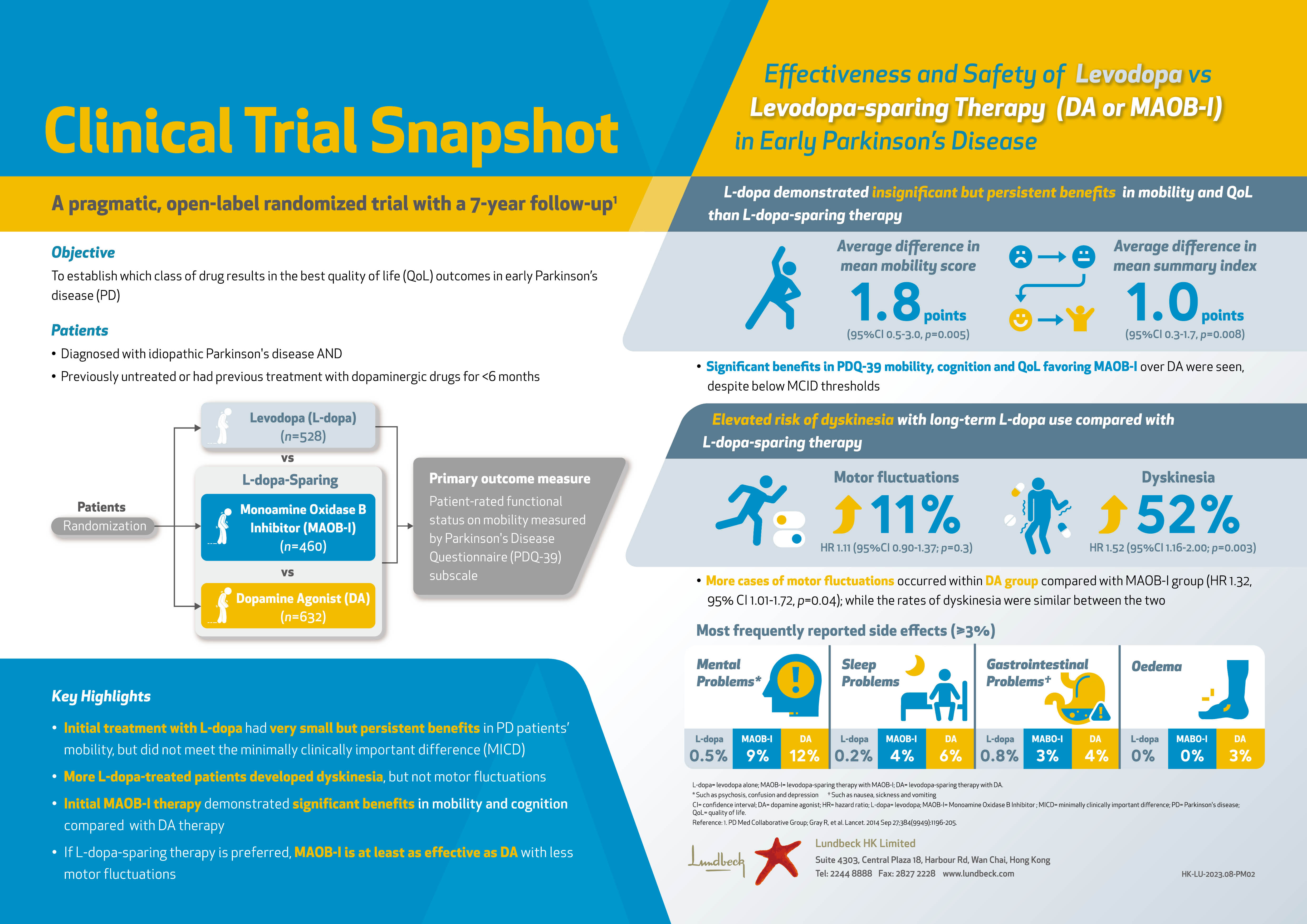Asthma and atherosclerotic cardiovascular disease (ASCVD) may seem to be irrelevant; indeed both conditions share an underlying inflammatory pathophysiology. Inflammation has a key role to play in the initiation, progression, and triggering of clinical events in ASCVD. Serum inflammatory biomarkers like C-reactive protein (CRP) and interleukin 6 (IL-6) are associated with increased ASCVD events; elevated levels of CRP and other inflammatory biomarkers, on the other hand, also occur in asthma patients. Further, IL-6 is associated with more severe and exacerbation-prone phenotype of asthma. A multi-ethnic study in the United States of America recruited 6814 healthy adults free of known atherosclerotic cardiovascular disease at baseline. 109 participants had persistent asthma, and 388 suffered from intermittent asthma. Compared with those with intermittent asthma and without asthma, participants with persistent asthma had a higher carotid total plaque score and increased likelihood of carotid plaque presence, even in statistical models that adjusted for potential confounders and serum levels of either CRP or IL-6. Carotid plaque is a stronger predictor of future ASCVD events, thus this study helps to reveal a deeply hidden public health burden in light of the significance of prevalent asthma together with ASCVD that contributes to numerous deaths.
Reference:
Tattersall MC, et al. J Am Heart Assoc. 2022 Nov 23:e026644.





